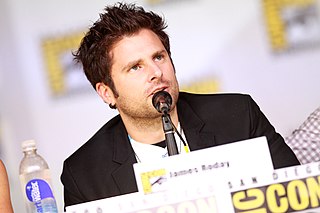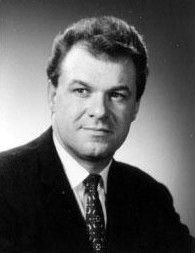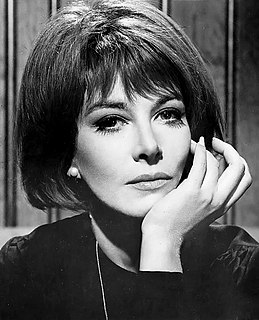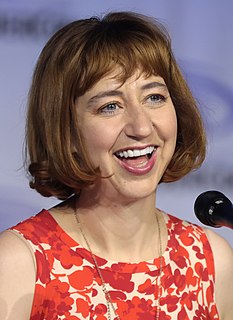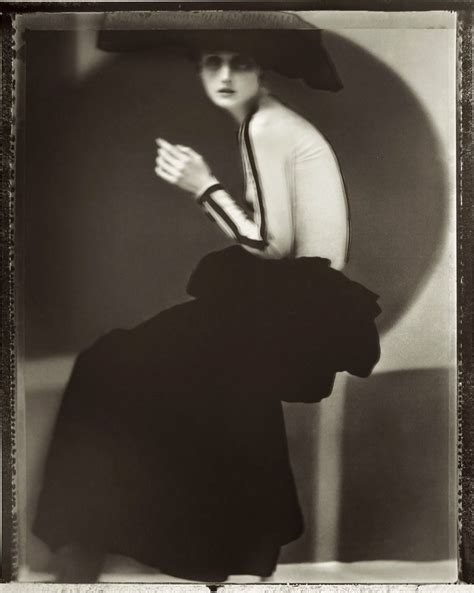A Quote by Oscar Wilde
The great poet is always a seer, seeing less with the eyes of the body than he does with the eyes of the mind.
Related Quotes
One might equate growing up with a mistrust of words. A mature person trusts his eyes more than his ears. Irrationality often manifests itself in upholding the word against the evidence of the eyes. Children, savages and true believers remember far less what they have seen than what they have heard.
But I never looked like that!’ - How do you know? What is the ‘you’ you might or might not look like? Where do you find it - by which morphological or expressive calibration? Where is your authentic body? You are the only one who can never see yourself except as an image; you never see your eyes unless they are dulled by the gaze they rest upon the mirror or the lens (I am interested in seeing my eyes only when they look at you): even and especially for your own body, you are condemned to the repertoire of its images.
The wise man does nothing but what can be done openly and without falseness, nor does he do anything whereby he may involve himself in any wrong-doing, even where he may escape notice. For he is guilty in his own eyes before being so in the eyes of others; and the publicity of his crime does not bring him more shame than his own consciousness of it.






